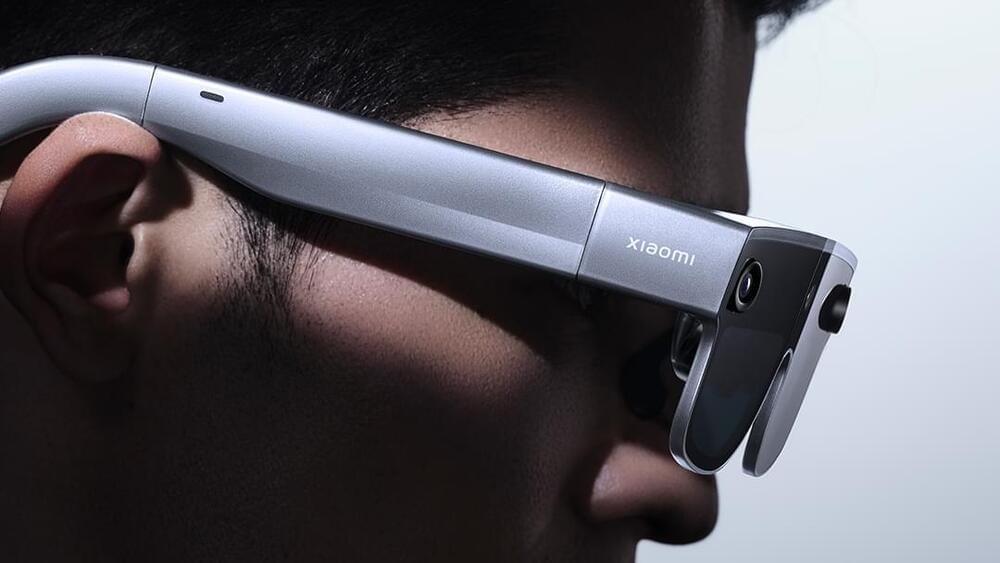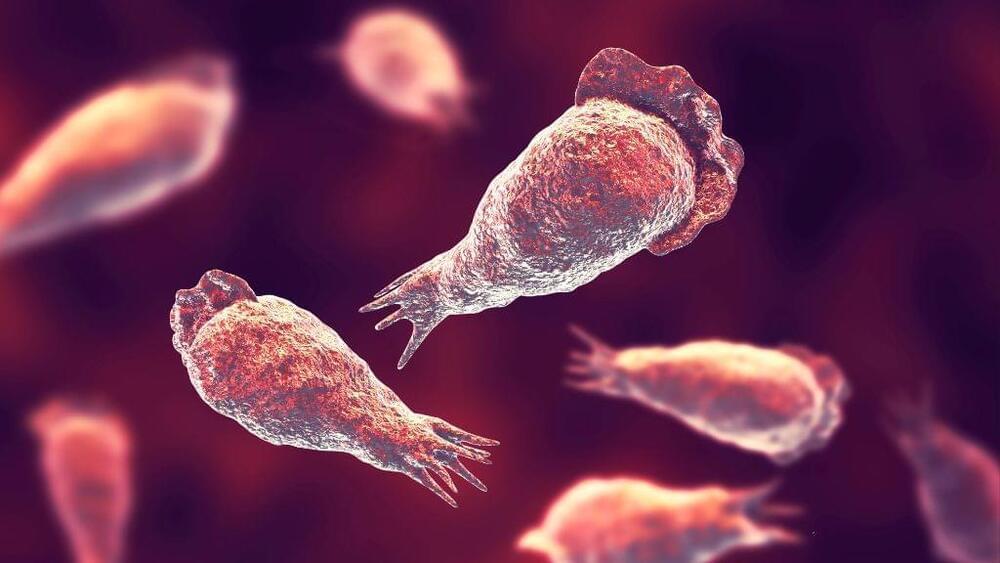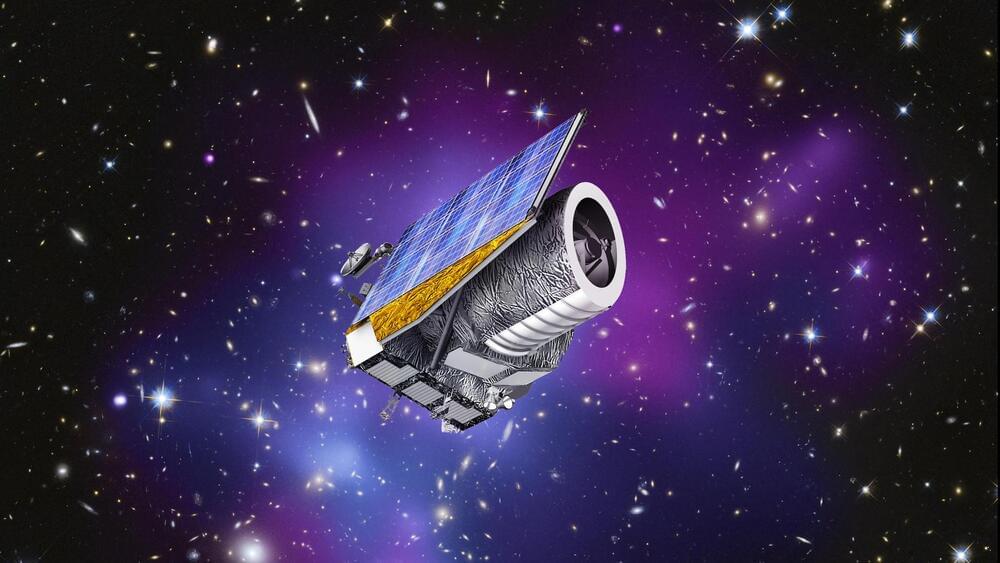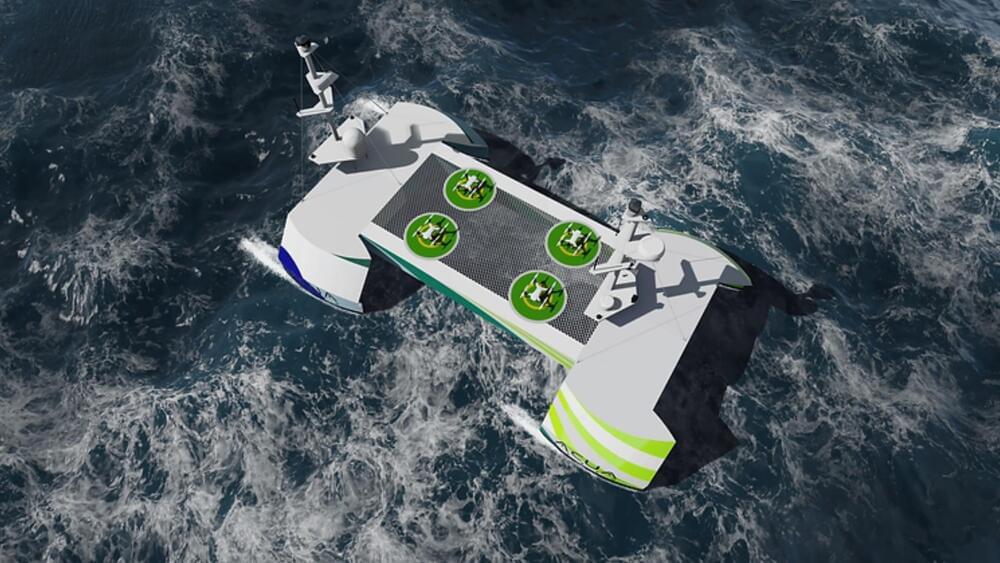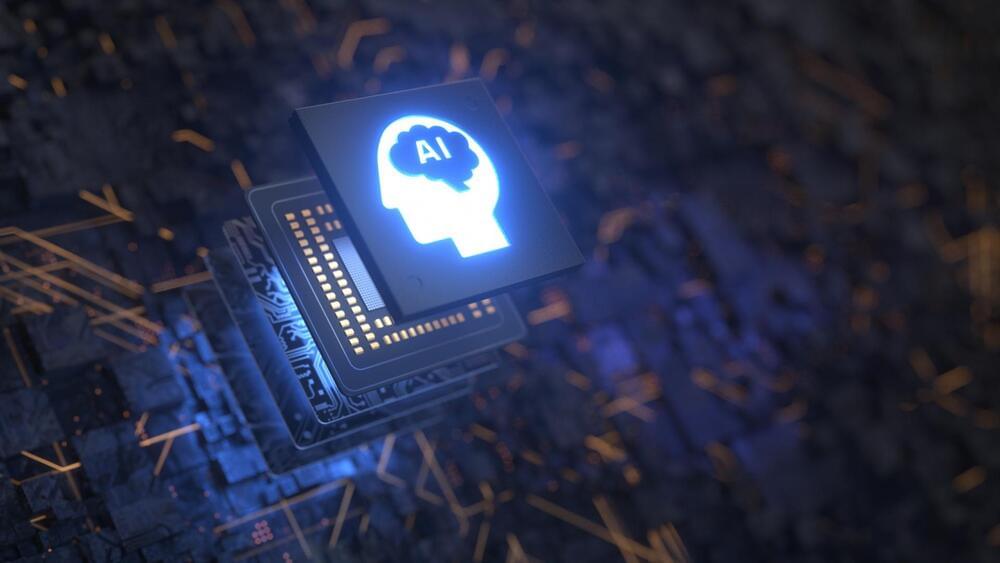While the chatter around the metaverse has slowed down, both social media companies and phone manufacturers have been experimenting with tech that could lead to commercial AR glasses. At the Mobile World Congress (MWC) in Barcelona, Xiaomi unveiled its new prototype Wireless AR Glass Discovery Edition, which weighs 126 grams and has a “retina-level” display.
Xiaomi has used a pair of MicroLED screens with a peak brightness of 1,200 nits and free-form light-guiding prisms to recreate an image. The company said that when PPD (pixels per degree) reaches 60, humans can’t perceive individual pixels. The Xiaomi AR glass display boasts 58 PPD, so that’s close enough.
Xiaomi said it is using electrochromic lenses to adjust viewing in different light conditions. The glasses also have a complete blackout mode for a fully immersive experience — kind of making it like a VR headset.
